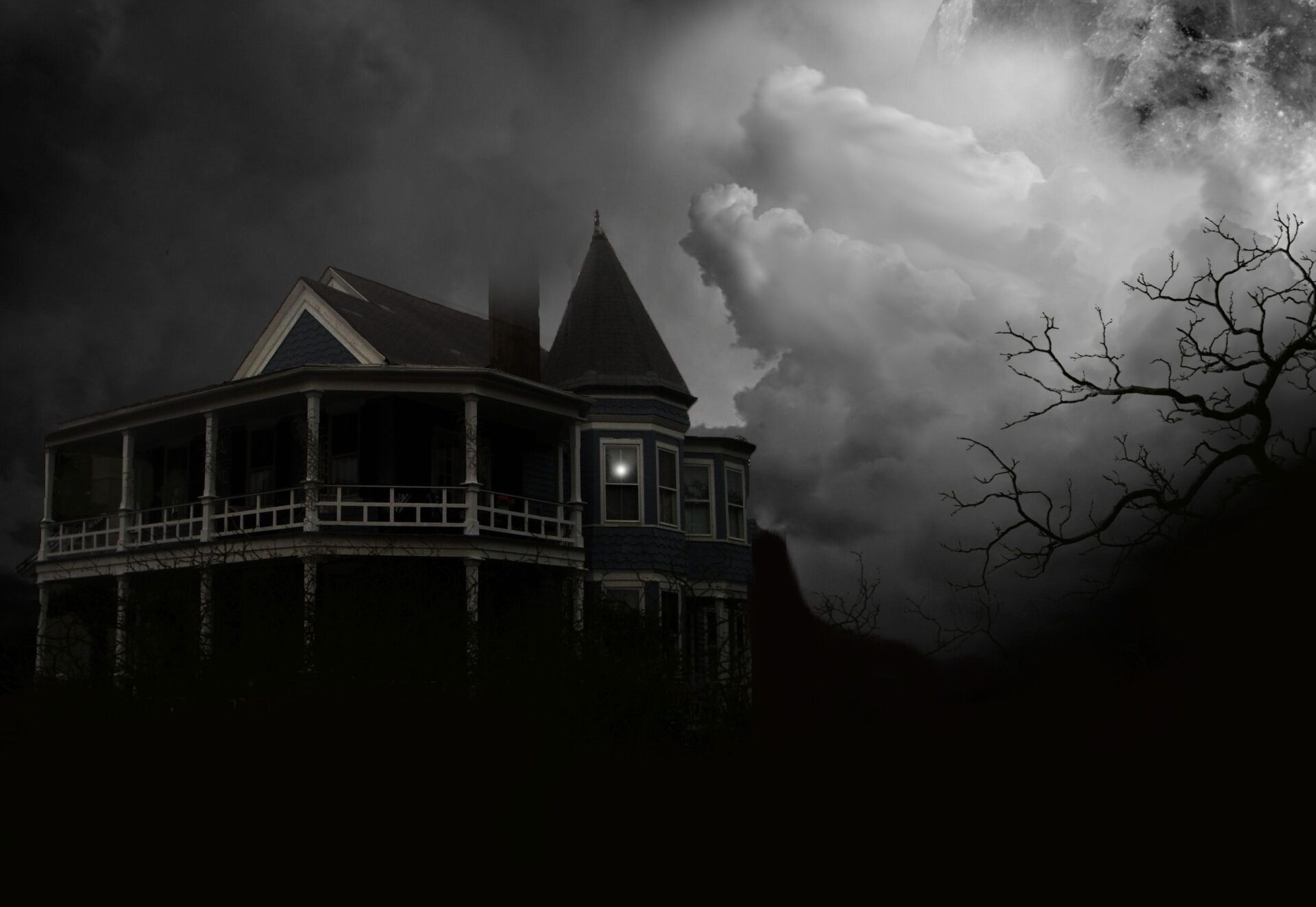By NICOLE MURRAY
During a homebuying transaction, it is required that sellers disclose a property’s physical defects to shoppers before a deal is finalized. But are there similar rules in place for sellers and their real estate agents if deaths, murders, hauntings and/or paranormal activity have knowingly occurred on the property being sold?
According to Roy Condrey, founder and CEO of DiedInHouse.com, laws for these situations vary state by state but very few make it mandatory for the seller to disclose such information.
“I wish being told this type of information was a given but I’m not exactly surprised,” Condrey told The Mortgage Note. “This sensitive information can quickly transform a high-value home for sale into a stigmatized property. I’ve seen homes sell for less than half their value after historical facts are revealed.”
Stigmatized properties are defined as homes that some buyers could find undesirable due to emotional or psychological reasons. This can include, but is not limited to, murders, suicides, sexual assaults, hauntings, and paranormal activity taking place on or near the property.
Condrey points out that there are a few exceptions.
In California, sellers must reveal any deaths that occurred on the property that happened within the last three years.
Sellers in Alaska must disclose any known murders or suicides that took place in the past three years and in South Dakota, sellers are asked if they are aware of a death by homicide or suicide occurring on the property.
When it comes to paranormal activity, New York courts will rescind the sale of a house if the seller takes unfair advantage of a buyer’s ignorance as to the house’s reputation for paranormal activity or if the seller creates such a reputation.
Due to the now-famous Stambovsky vs. Ackley ruling, which has become known as the “Ghostbusters” law, homeowners are required to divulge that their home is haunted if they have declared it publicly.
Condrey recounted the story behind the case, where Ackley, a New York woman, bragged about her haunted home in Nyack to Readers Digest but did not disclose this information to Stambovsky, who bought the property.
“The guy who bought it took her to court and won,” Condrey said.
Condrey, who has experience as a project manager at a software company, said DiedInHouse.com can help answer a buyer’s questions if they are wondering what happened on the property they are considering. This includes any deaths that occurred in the home and at times, how it happened.
Condrey started his website after discovering a husband and wife died 30 days apart in one of his rental properties. “I feel like that should have been disclosed to me and I want to avoid this same situation happening to other buyers.”
“We offer up all the information we can find. We give all the names that have been associated with a property and then cross that data with the national death master file. If we can find it, it will be on the website,” Condrey said.
The website, however, does not disclose information regarding hauntings or paranormal activity because these situations are very hard to prove. Instead, Condrey recommends buyers discuss this topic with their realtor so they can do their due diligence before placing an offer.
How do real estate professionals handle this spooky situation?
If disclosure is not required, Jules Zaphire, real estate professional at The Pantiga Group, says he will only reveal information unrelated to the physical state of the property if the buyer asks directly. Even if inquiries are made about a home’s history, he will remain vague and avoid the nitty-gritty details.
“If my buyers are adamant that they want this information, I ask but I am very intentional with my wording,” explains Zaphire. “It’s, ‘Did someone pass on in this home?’ Not, ‘Was someone murdered?'”
Hauntings are slightly different due to the nature of the activity. Zaphire is licensed in New York so Stambovsky vs. Ackley applies.
“If they did not go public with the hauntings, our hands are tied,” Zaphire said of dealing with sellers. “It is hard to prove and therefore, becomes hearsay and is technically not pertinent to the physical integrity of the property.”
A study by Rocket Homes found that one in three Americans would be willing to buy a haunted house.
They surveyed 1,033 individuals in 2021 and found that a third of respondents would buy a haunted property. And only 21% of people would try to sell a house they had purchased if they discovered it was haunted.
As a matter of fact, 10.5% of respondents said they currently live in a haunted house, and 16% said that they used to live in one. About 23% of these respondents said the presence in the home was friendly, so maybe living with ghosts isn’t as scary as it’s made out to be.
Or maybe it is. If you are a buyer, make sure to ask lots of questions if this is important to you, experts agree.
Read More Articles:
Atlanta On The Front Line Of Build-To-Rent Trend
Feds Consider One More Rate Hike Despite Impacts On Housing Market
